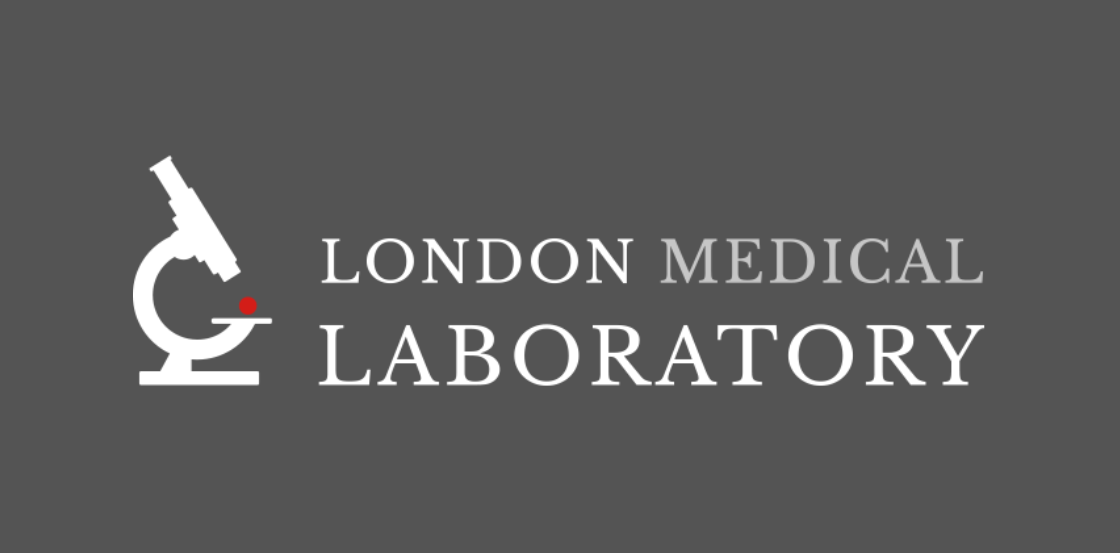Post link copied to clipboard!

London Medical Laboratory is currently in discussions with the SUS, Brazil’s government-operated healthcare system, London medical laboratory collaborates Brazilian healthcare to reduce patient waiting lists through innovative blood testing technology.
The SUS, Brazil’s equivalent of the NHS, is a public healthcare system offering free services. However, it faces challenges due to high demand and long waiting times.
London Medical Laboratory, a leading UK-based blood testing, diagnostic, and health check business, is now collaborating with the SUS to share insights into its advanced blood testing technology.
London medical laboratory collaborates Brazilian healthcare The goal is to help the SUS identify health issues early and thus decrease future demand.
London Medical Laboratory is engaged in talks with the world’s largest government-operated public healthcare system to aid in cutting patient waiting lists in Brazil.
The Unified Health System (Sistema Único de Saúde or SUS), akin to Brazil’s NHS, provides cost-free care. While the SUS delivers generally high-quality services, concerns have arisen due to increased patient demand and extended wait times.
is currently exploring the London Medical Laboratory (LML) possibility of sharing its groundbreaking blood testing technology to enable the SUS to transition into a preventive healthcare model. Leveraging methods originally pioneered by LML and its partners, the SUS could proactively identify health problems before patients manifest symptoms.
This approach has the potential to significantly reduce future demand by diagnosing common health issues in Brazil at an early stage.
Flavia Araujo-Rankin, the Co-CEO and founder of London Medical Laboratory, hails from Brazil and possesses a deep understanding of the country’s healthcare system. She recently met with representatives from Brazil’s Institute for Applied Economic Research (IPEA), including Pedro Miranda, IPEA’s Deputy Director of Sectoral Policies and Studies, Innovation, and Infrastructure, and Priscila Koller, a researcher at IPEA’s center for Research on Science, Technology, and Society.
IPEA, responsible for investigating public policies, is presently focused on technological development and technology transfer within Brazil’s healthcare sector.
According to Flavia, “This is an excellent opportunity for LML to share knowledge and alleviate pressures on Brazil’s remarkable yet strained healthcare system. With approximately 618,593 registered doctors in Brazil, representing a 70% increase since 2010, the scale of demand for Brazil’s public healthcare system is evident,
London medical laboratory collaborates Brazilian healthcare especially considering its total population of around 217 million.”
She continues, “Another challenge arises from the distribution of Brazil’s 50,000 clinics, primarily concentrated in urban areas despite the vast landmass of approximately 3.3 million square miles.
In this context, LML’s blood testing technology could be transformative by preventively addressing prevalent conditions.
For example, by introducing LML’s diabetes and high cholesterol tests to IPEA representatives, we have the potential to diagnose at least 8 million undetected cases of diabetes. Early identification could significantly reduce the approximately 55,000 annual leg or foot amputations caused by the disease.”
“Likewise, more than 40% of Brazilians are susceptible to high cholesterol, a condition posing substantial health risks. Early diagnosis can mitigate heart attacks, strokes, dementia, and other cardiovascular issues. The swift identification will yield notable improvements and alleviate pressure on local healthcare services.”
Flavia highlights the potential for Brazil to lead the way in adopting a national blood testing policy to address health conditions. She emphasises, “Prevention consistently surpasses treatment, irrespective of geographical location. We are enthusiastic about sharing LML’s expertise with Brazil’s IPEA representatives and its broader healthcare system, thereby enhancing the success of its ambitious public healthcare services.”
In the UK, London Medical Laboratory’s diverse range of fingerprint tests can be conducted at home through mail delivery or at drop-in clinics across London and in over 95 selected pharmacies and health stores nationwide.